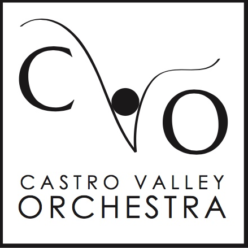by Ariel Witbeck
began playing the cello when I was 7 years old. I was then going to elementary school in Los Angeles. The Los Angeles Philharmonic Orchestra provided individual players to bring their instruments and demonstrate them for 2nd Grade classes. They had an instrumental program going at the school, so this was offered to help students decide what instrument they wanted to play. When the instrument demonstrations were given, parents were invited to the school. The story I was told by my mother was that during that program I wandered around, not paying any attention until a woman began to play the cello. I was riveted, so for my birthday, I was given a cello. It was after I had graduated from college and began teaching at a Junior High School in Los Angeles, that I realized that even though I was told my first cello was a large viola fitted with an end pin, that I had begun to play the cello an octave higher than a cello, which is how a viola is tuned.
By the time I was 9 I was playing on a half size real cello and able to play in the Carl Moldrum “Baby Orchestra” I graduated from that to the “Pioneer” Orchestra and soon into the Peter Meremblum Junior Symphony, which was the Youth Symphony serving the greater Los Angeles area. (Many members went into the LA Phil) I have played in orchestras all my life, so hardly remember when I did NOT play in some kind of music ensemble or played solos. I thought I would like to become a professional musician and actually joined the Los Angeles Musician’s Union Local 47 at age 19. Prior to that, I went to Juillard School of Music in New York. I went back to Los Angeles to attend L.A. State College (Now Cal State LA) to get my teaching credential.
During my High School years I realized that being a part of an orchestra or musical ensemble was a special privilege I had.
Having a Community Orchestra you can support allows many others to not only experience that feeling while participating in it, but enjoying the feeling of being a part of re-creating some of the world’s greatest treasures. Being part of an audience while listening to these treasures, is a special privliege, too. During the pandemic. I realized how much I missed even hearing live music, let alone participating in its creation.
Castro Valley is fortunate to have such an orchestra. Local citizens can enjoy that privilege without having to travel too far.
